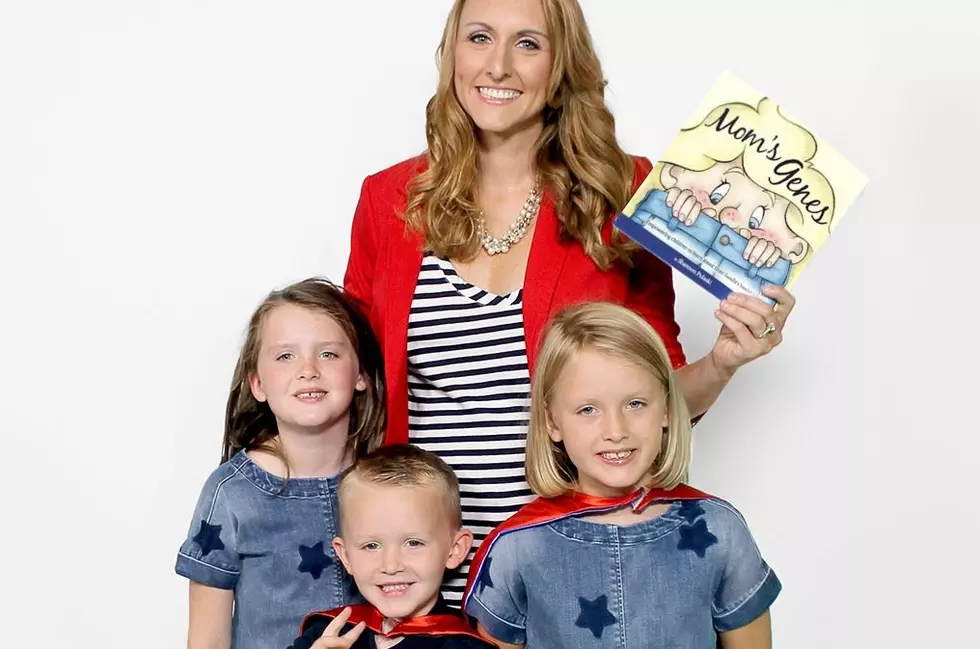Kids’ egos – Parents who hover too closely can overinflate them
A new study suggests "overparenting," or "helicopter parenting," can inflate a child's ego and promote narcissism.
The Ohio State University study, results of which were published in Proceedings of the National Academy of Sciences, finds that never-ending, overindulgent attention by parents to a kid's every little accomplishment can overinflate the ego.
According to the study, narcissistic individuals feel a superiority to others, believe they are entitled to special treatment, and may lash out aggressively when humiliated.
Researchers studied the roots of narcissism in children ages 7 through 12 by comparing two different theories about where it comes from. One theory opines that narcissism stems from parents treating their kids as if they are more valuable than others. The other, psychoanalytic theory suggests the withholding of parental warmth can drive children, over time, to become more self-centered or narcissistic.
The study concluded that the kids who were more likely to eventually become narcissistic were the children of the overindulgent parents, who overpraised their offspring for the tiniest accomplishments.
Dr. Steven Tobias, child psychologist and director of the Center for Child and Family Development in Morristown, said those parents may be well-intentioned, but "ironically, they are too child-centered."
This particular approach, Tobias said, gives children both an overinflated sense of self-esteem and a tendency to avoid challenges.
"When you are told how great and wonderful you are, you don't want to lose that," he said. "You don't want to risk failure."
According to Tobias, parents need to love and guide their kids and steer them in the right direction -- even if that means letting them make their own mistakes sometimes.
"I think it's healthy for kids if parents spend a little time and attention on themselves and their marriage," he said.
The best thing that a parent can do, he said, is to give a child the skills to be independent, to handle things on their own.
"A parent being overinvolved and not allowing a child to fail, to always smooth the road, giving them the support, it both undermines their ability to deal with frustration and failure," Tobias said, "because, by the way, whatever you practice, you get good at. And so, if you practice dealing with frustration, you are going to get good at dealing with frustration."
So, these children are deprived of an opportunity to really develop those coping skills. They also get the feeling that it is not OK, or they are not supposed, to fail.
Tobias does say parental love should be unconditional.
"In other words, a parent should always express love for their children and tell them that they are loved and accepted and valued by the parent -- I don't think a parent can overdo that," he said. "But what we're talking about is praise, and you should not give undue praise. In other words, praise really needs to be tied to a specific behavior."
He said if the child works hard and does well, you absolutely praise them for working hard, not praise them for being smart. He adds that if the child works hard and doesn't do well, you can still praise the child for working hard, then coping with the frustration or the feelings of failure by persevering.
"I think that parents do need to give unconditional love, but need to give conditional praise that is tied to the kinds of behaviors and experiences that the parent wants to promote," Tobias said.
The authors of the Ohio State study warn that if the "helicopter" hovers too close to its subject, that can have negative consequences in childhood and beyond.
More From New Jersey 101.5 FM







![The Greatest Epidemic May be Upon Us Before We Know it [VIDEO]](http://townsquare.media/site/385/files/2013/01/Self-Portrait.jpg?w=980&q=75)

